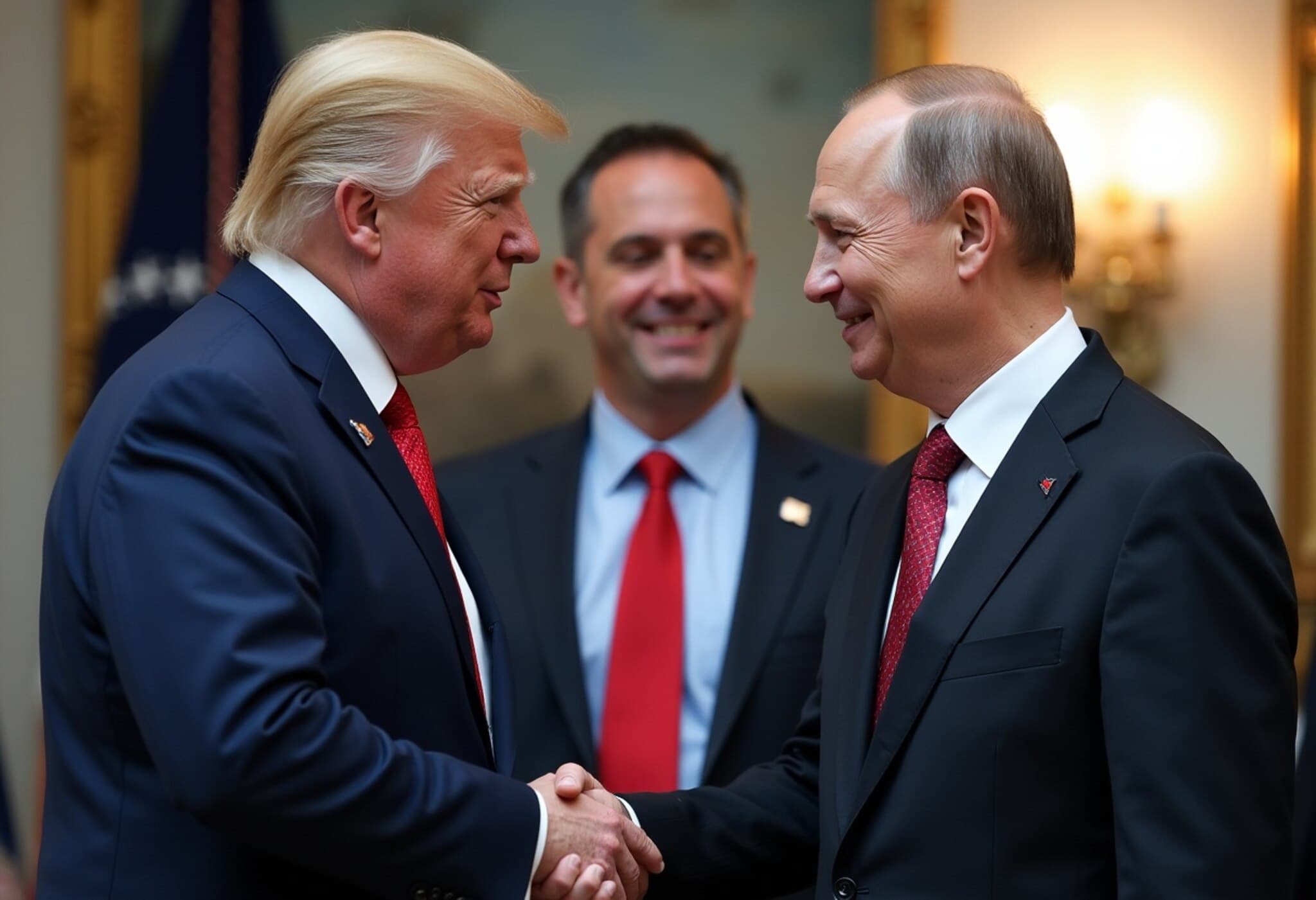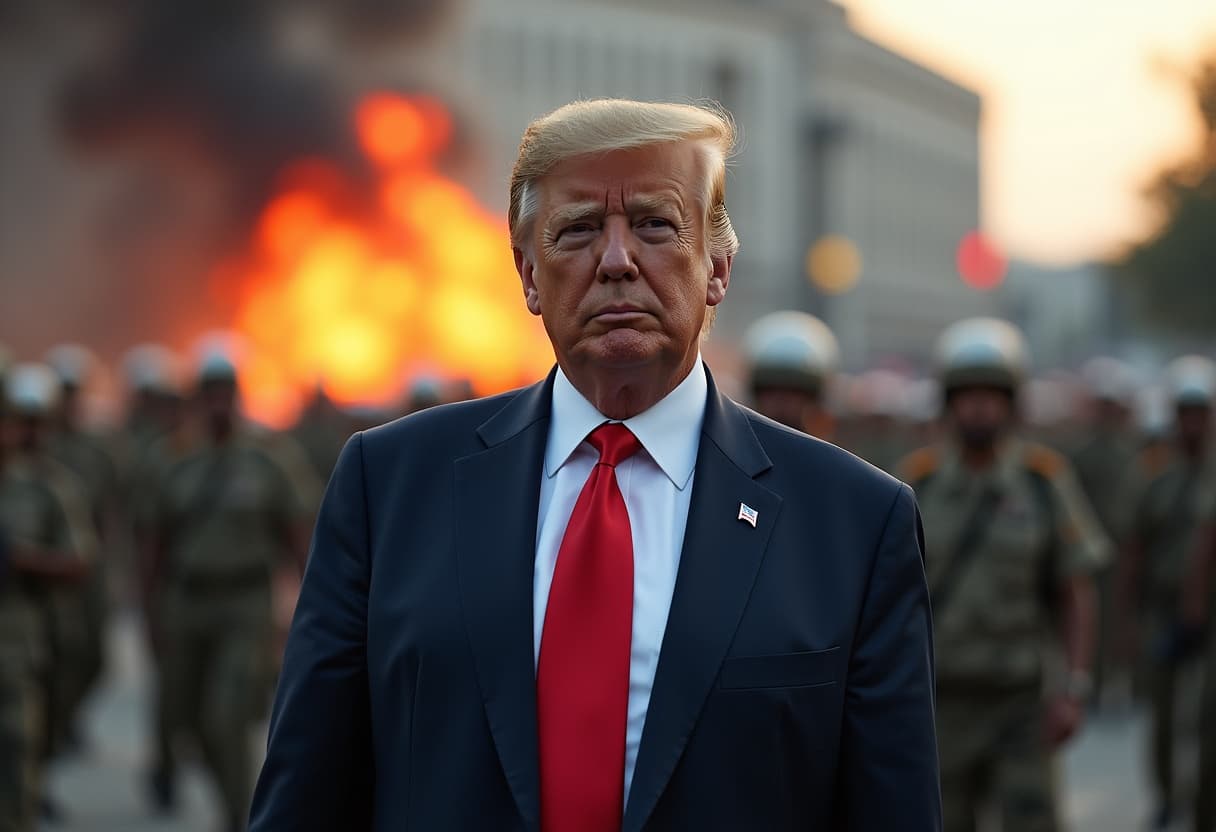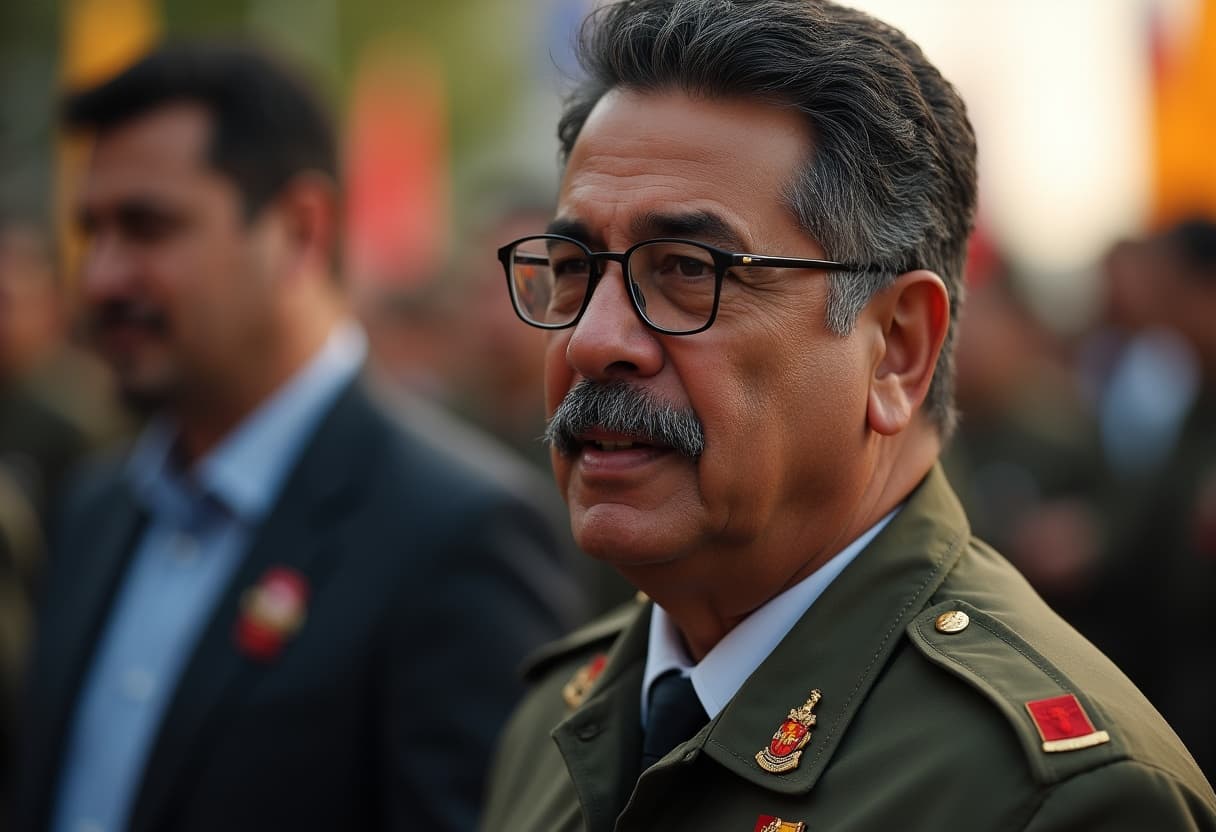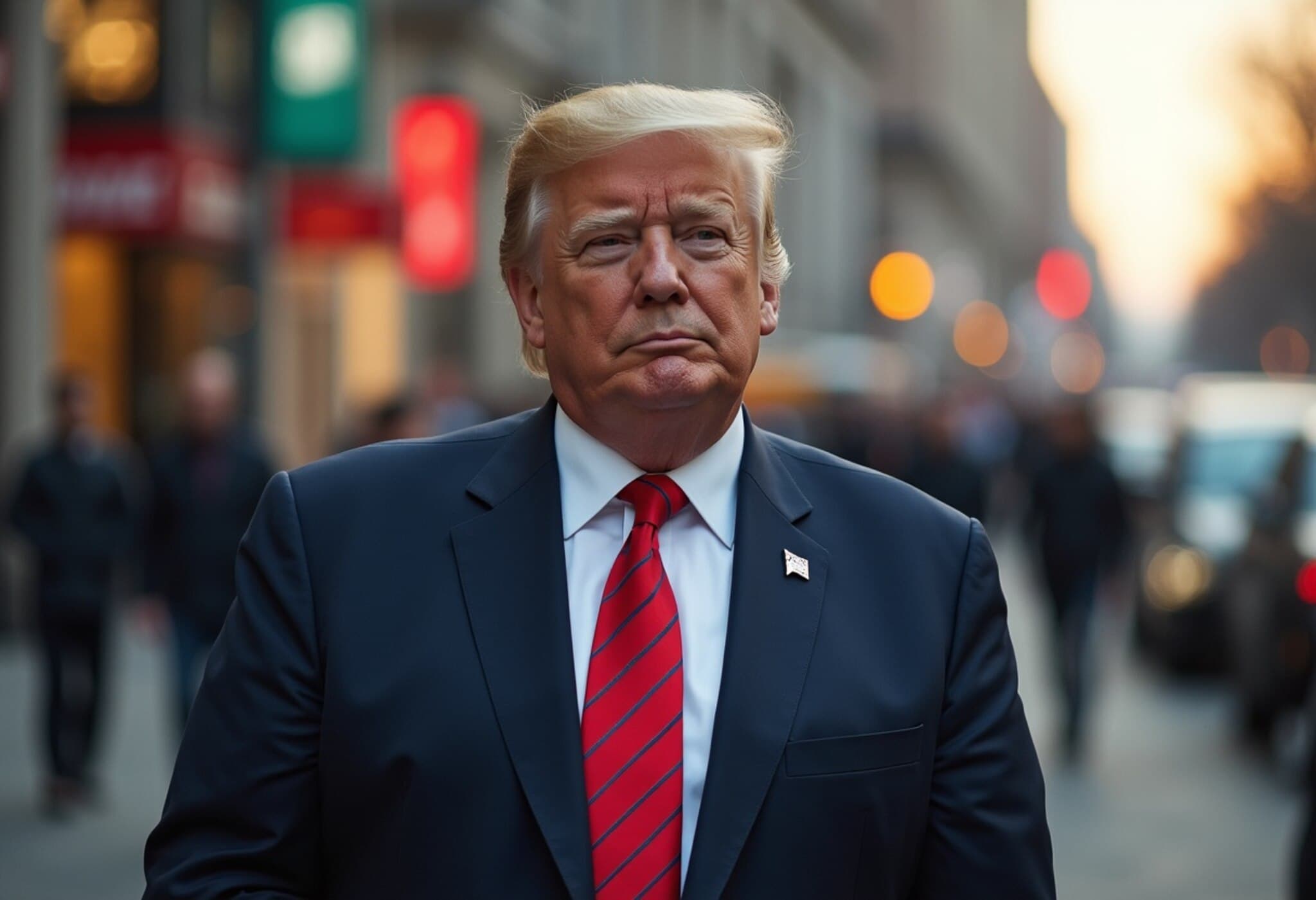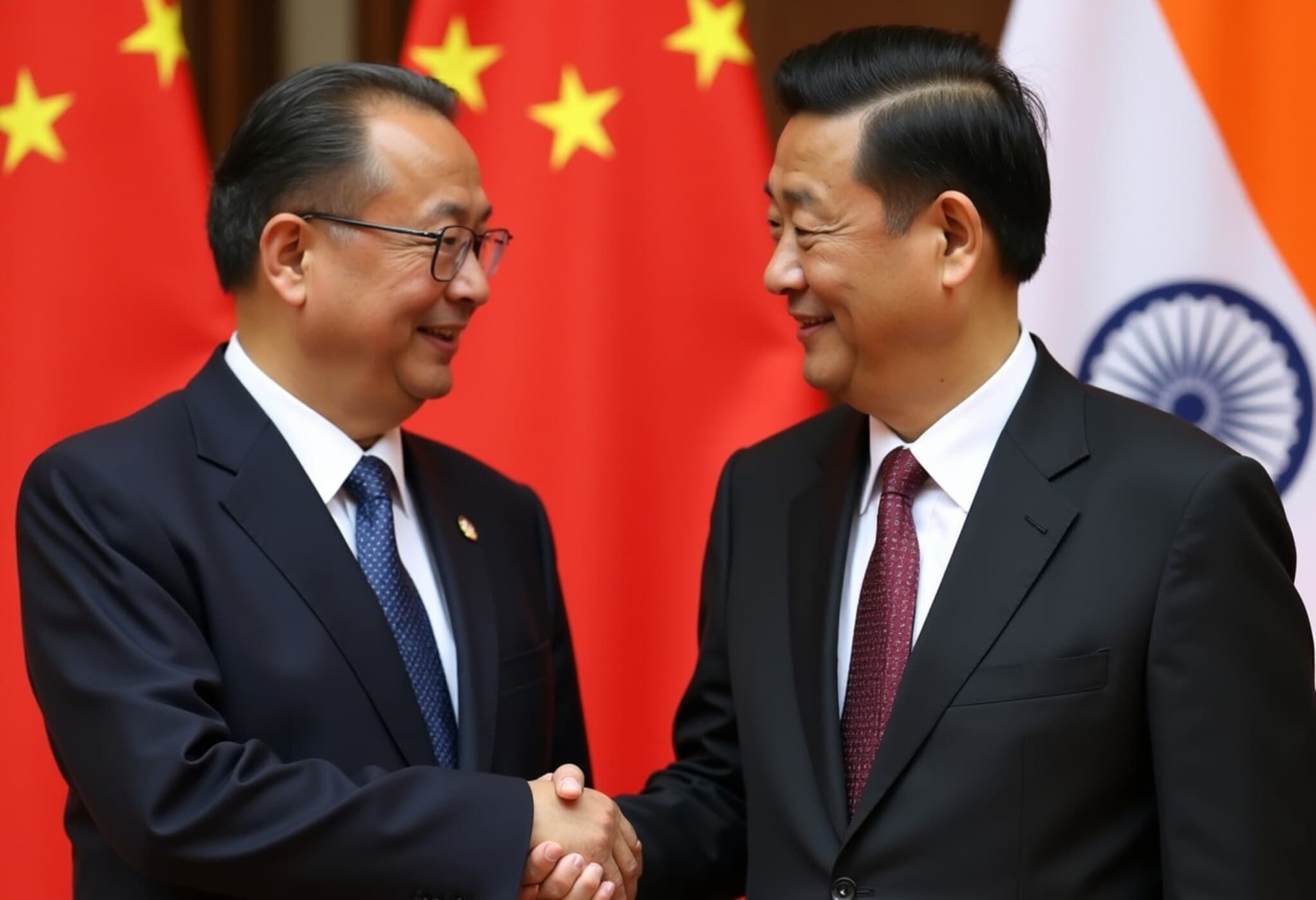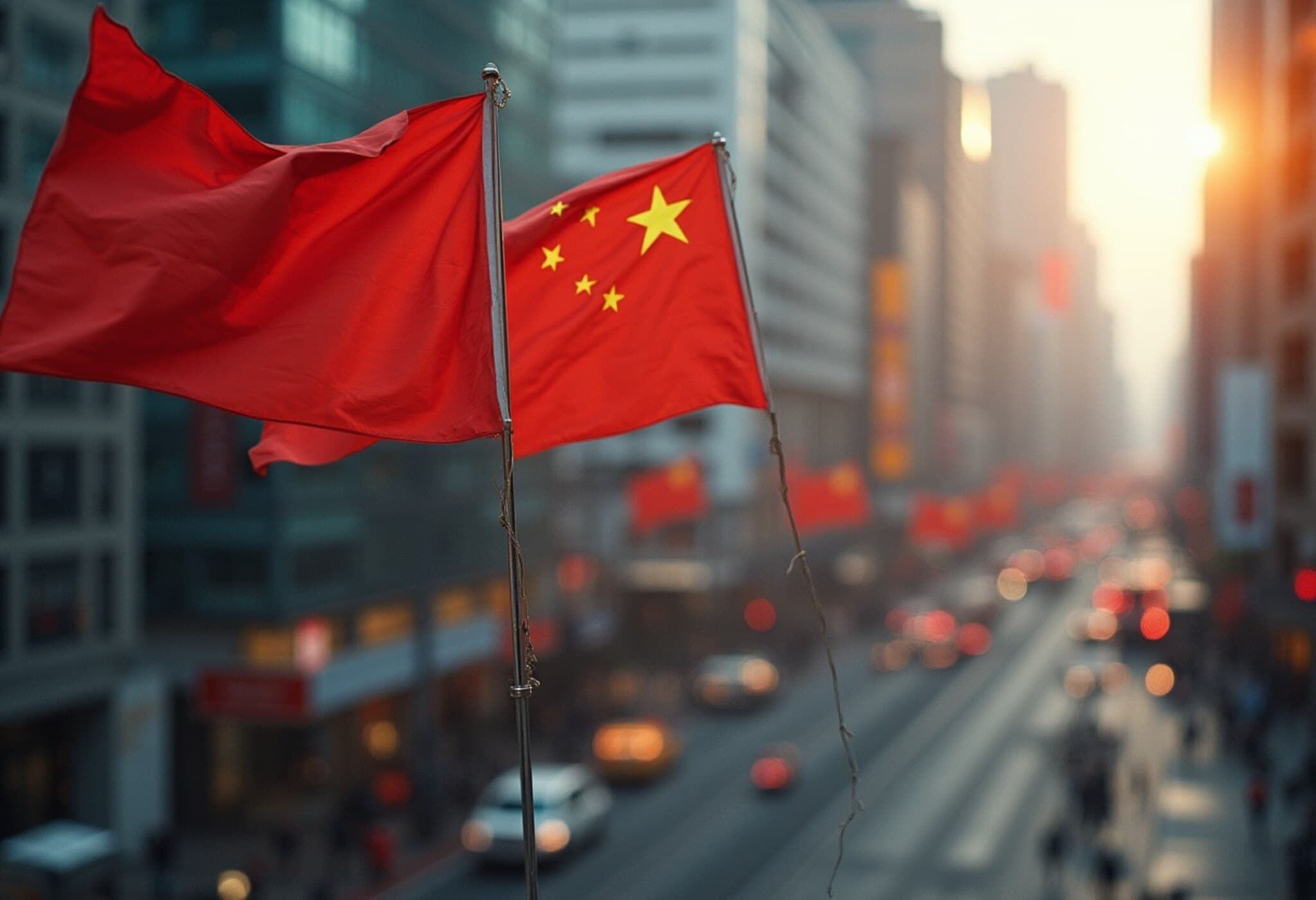Understanding the U.S. Tariff Strategy on India and China Amid Russian Oil Imports
In a revealing interview, U.S. Senator Marco Rubio shed light on the complex and somewhat controversial approach the United States has adopted regarding tariffs on nations importing Russian oil. Rubio defended Washington's decision to impose steep tariffs on India, while notably sparing China from similar punitive actions. This nuanced policy reveals a strategic balancing act shaped by global energy markets, geopolitical considerations, and supply chain interdependencies.
Rubio's Defense of Targeted Tariffs
Speaking on Fox News on August 17, 2025, Rubio explained that while India faces a 50% tariff—which includes a 25% additional penalty for its ongoing purchases of Russian crude—China has been granted an extended reprieve from such measures. This distinction, Rubio argues, arises largely due to the nature of China’s role in the global oil market.
"Much of the Russian oil that China buys is refined domestically and then sold back into the global market," Rubio noted. "Sanctioning China could disrupt this flow, resulting in higher global energy prices—a risk Washington is currently not willing to take."
Why China Escapes Sanctions While India Does Not
The U.S. administration’s concern lies in the interconnectedness of China’s refining capacity and the global oil market. By refining Russian oil and feeding it into international markets—especially Europe—China essentially acts as a conduit, smoothing out supply fluctuations.
- Europe’s dependency on natural gas and oil, despite efforts to transition to alternative energy, remains significant.
- Disrupting China’s refining networks through sanctions could inflate energy costs worldwide, causing economic ripple effects.
- European countries have reportedly expressed concerns about the potential blowback of harsh secondary sanctions targeting China.
The Double Standard Debate: India vs. China
Rubio’s comments come amid heightened tensions between Washington and New Delhi. The U.S. has not hesitated to punish India with increased tariffs for sustaining energy trade ties with Moscow, which the U.S. accuses of indirectly supporting Russia's military campaign in Ukraine.
"India has massive energy needs and finds Russian oil appealing because it’s sanctioned and priced below the global market," Rubio remarked. "Unfortunately, this helps sustain the Russian war effort and strains our relationship with India." Yet, he acknowledged that U.S.-India relations encompass other areas of cooperation beyond this dispute.
Meanwhile, critics in India see the U.S. stance as a glaring example of double standards, given that China continues its Russian oil imports largely unscathed by Washington’s tariffs or secondary sanctions.
Geopolitical and Economic Implications
This tariff policy underscores the complex dynamics of global energy politics. The U.S. must juggle competing priorities:
- Enforcing sanctions against Russia to hamper its war capabilities.
- Managing relations with vital partners—like India, a key ally in the Indo-Pacific balancing China’s rise.
- Maintaining stable energy markets to prevent global price shocks damaging economies worldwide.
Rubio’s remarks also highlight European sensitivities regarding sanctions, revealing the broader economic stakes embedded in this geopolitical chess game.
Looking Ahead: Challenges and Questions
As U.S. policymakers weigh further action, questions linger about the long-term consequences of their tariff strategy. Will targeted penalties effectively curb Russia’s energy revenues without alienating crucial partners? Can the U.S. maintain credibility amid perceptions of selective enforcement? And importantly, how will global energy markets respond as uncertainties around supply continue?
Editor’s Note
The U.S. approach to sanctioning Indian and Chinese dealings with Russian oil reveals the tightrope Washington walks between economic pragmatism and geopolitical posturing. Senator Rubio’s candid explanation unmasks the intricate links between international energy supply chains and foreign policy decisions. This case exemplifies how global energy interdependence complicates sanctions enforcement and challenges the unity of allied nations. As these dynamics evolve, analysts and policymakers alike must watch closely how such strategic decisions impact global stability, market prices, and bilateral relationships.




